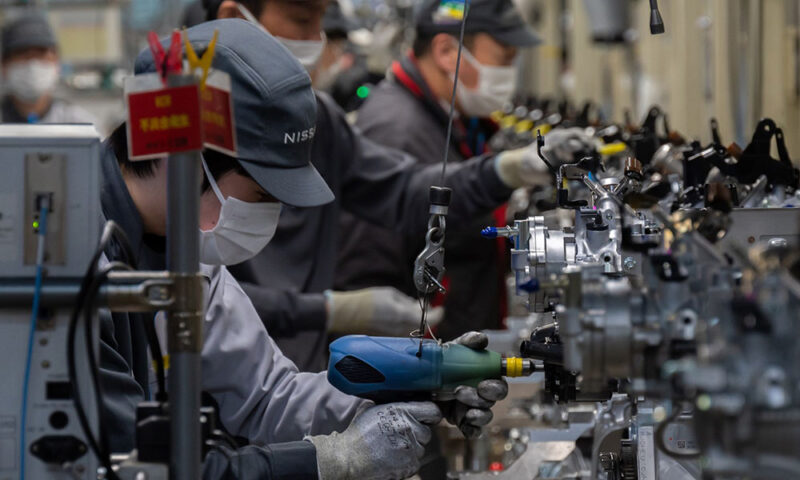The plant commenced operations in 1935

Nissan has announced that its Yokohama Plant produced its 40 millionth engine in June earlier this year.
The Yokohama Plant commenced operations in 1935, two years after Nissan’s founding. It built its 10 millionth engine in 1976, its 20 millionth in 1986 and its 30 millionth in 1997. Reaching the 40 million milestone in the same year Nissan celebrates its 90th anniversary makes this achievement special.
“We were able to reach the 40 million milestone thanks to so many customers around the world embracing our cars,” remarked Tamiyo Wada, Manager, Yokohama Plant.
A number of engines made by the Yokohama Plant have left their mark in automotive history. These include the 1979 L20ET, which was Japan’s first turbocharged passenger-car engine, and the 1983 VG, the country’s first mass-produced V6 engine.
As society changes, so does the Yokohama Plant. Since the launch of the all-electric LEAF in 2010, the plant has also been producing motors, including those for e-POWER vehicles such as the Nissan Note. In the fiscal year 2022, motors accounted for approximately 40% of Yokohama Plant’s production.
As the Yokohama Plant approaches its 90th anniversary, it continues to play a leading role in the development of Nissan’s cutting-edge production technology. In addition to producing motors and engines, it also serves as a pilot plant for the development of powertrain production technology that will have global applications. Next year, a pilot line will be established in the plant to develop all-solid-state batteries, a press communique concluded.
